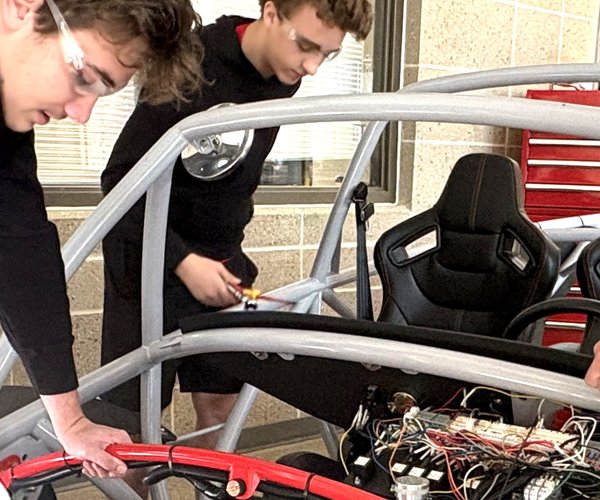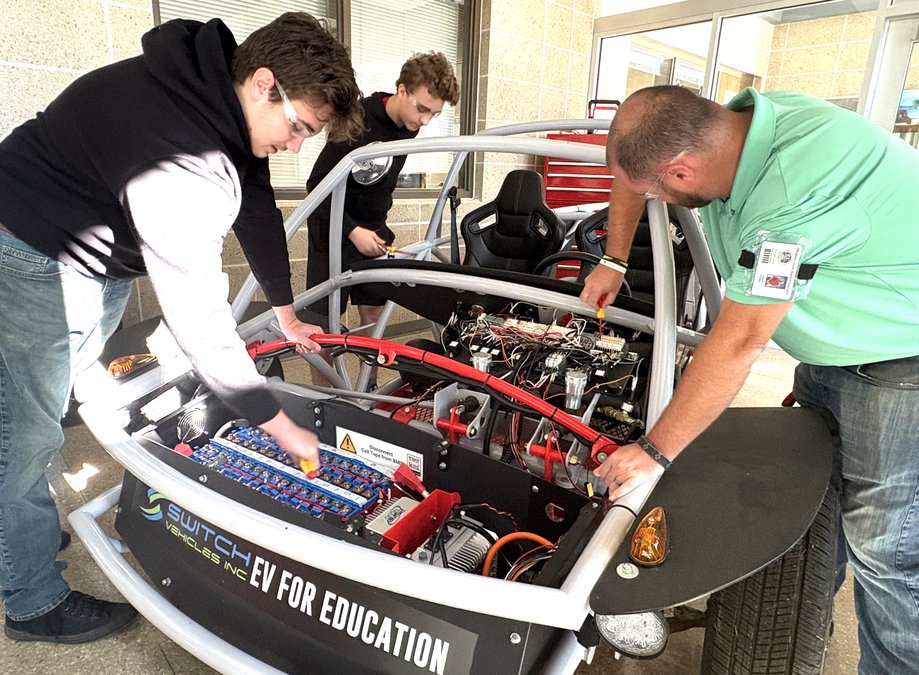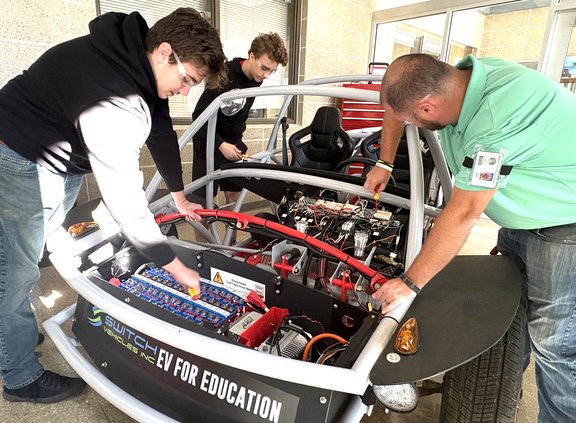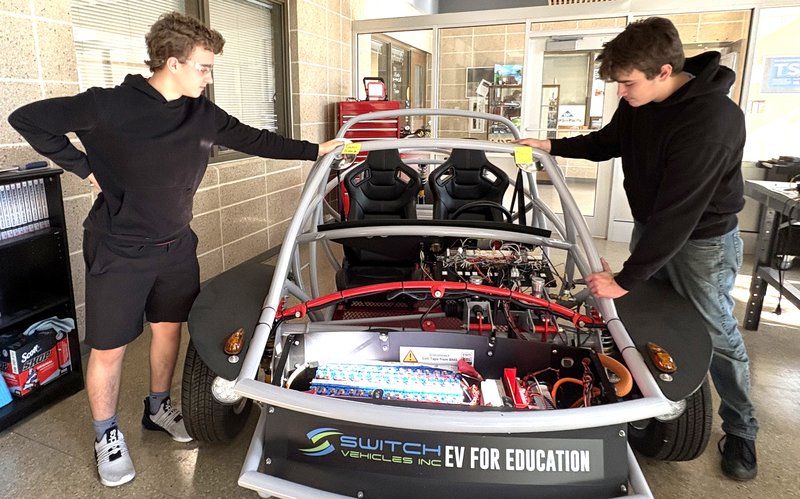The Georgia Ports Authority, in partnership with Georgia Environmental Finance Authority (GEFA) and Georgia State Financing and Investment Commission (GSFIC), has begun the process of installing an energy management system to monitor and control HVAC and lighting at seven buildings at the Port of Savannah thanks to an energy efficiency project grant.
“We continue to look for ways to improve our footprint and reduce energy consumption,” said GPA Executive Director Curtis J. Foltz. “These energy management systems will build upon our other environmental initiatives to manage port operations with consideration for best practices and procedures.”
Last September, the GPA was awarded two of the 135 energy efficiency projects as part of Georgia’s State Facilities Retrofit Program. One project automates building controls and the other uses voltage regulating transformers and an astronomical clock to reduce total energy consumption of the high mast lighting for Garden City Terminal’s exterior lighting.
Funding for the projects was provided by GEFA through the American Recovery and Reinvestment Act (ARRA) of 2009. The energy efficiency projects for state facilities include lighting system retrofits, HVAC system upgrades, replacement of inefficient chillers and boilers, advanced control systems, utility sub-metering and building tune-ups (also known as commissioning).
The Web-based remote control system for the GPA’s Administration Building, Annexes 1 and 2, along with buildings on Garden City Terminal will yield an annual savings of $78,000 in energy costs. This expandable system will reduce energy consumption by using smart switching and zone control and will enable better management of remote structures. The contract for the project was issued in January, and it is scheduled to be completed in the next six months.
“Improving the energy efficiency of government buildings will reduce energy consumption and save the state millions of dollars,” said GEFA Executive Director Kevin Clark. “Georgia taxpayers may not notice many of the improvements, but the result will be a more efficient state government.”
“Further improving our energy consumption is good business and can improve the bottom line,” said GPA’s Chairman of the Board Alec L. Poitevint. “The Authority is committed to conducting our operations in an environmentally responsible manner, and these conservation initiatives will help us better achieve that goal.”
The GPA has instituted an environmental management system, managing port operations with consideration for best environmental practices and procedures at its Garden City Terminal, the largest single terminal in North America.
Through the GPA’s crane electrification, use of refrigerated container racks, rubber-tired gantry crane repower project and use of fuel additives, the Port of Savannah avoids use of more than 4.5 million gallons of fuel annually.
About the Georgia Environmental Finance Authority (www.gefa.org)
The Georgia Environmental Finance Authority (GEFA) provides energy, land and water resources resulting in an improved quality of life for today and future generations. GEFA is the lead agency for state energy programs and is home to the Center of Innovation for Energy; directs the Georgia Land Conservation Program and maintains state-owned fuel storage tanks; and offers financing for reservoir and water supply, water quality, storm water and solid waste infrastructure. Since 1985, GEFA has approved financial commitments totaling more than $3 billion to local governments, businesses and nonprofit organizations.
About Conserve Georgia (www.conservegeorgia.org)
The Conserve Georgia program was developed to foster a culture of conservation throughout the state of Georgia. Nearly a dozen state agencies and authorities are working together with businesses, civic leaders, educational institutions, non-profit organizations and residents to make Georgia’s air, land, water, energy and wildlife resources more sustainable now and for generations to come.
About the Georgia State Financing and Investment Commission (GSFIC).
The GSFIC is responsible for the proper application of proceeds from general obligation debt and the issuance of all public debt by the State. No agency or authority can incur debt or employ other financial or investment advisory counsel, without Commission approval.









